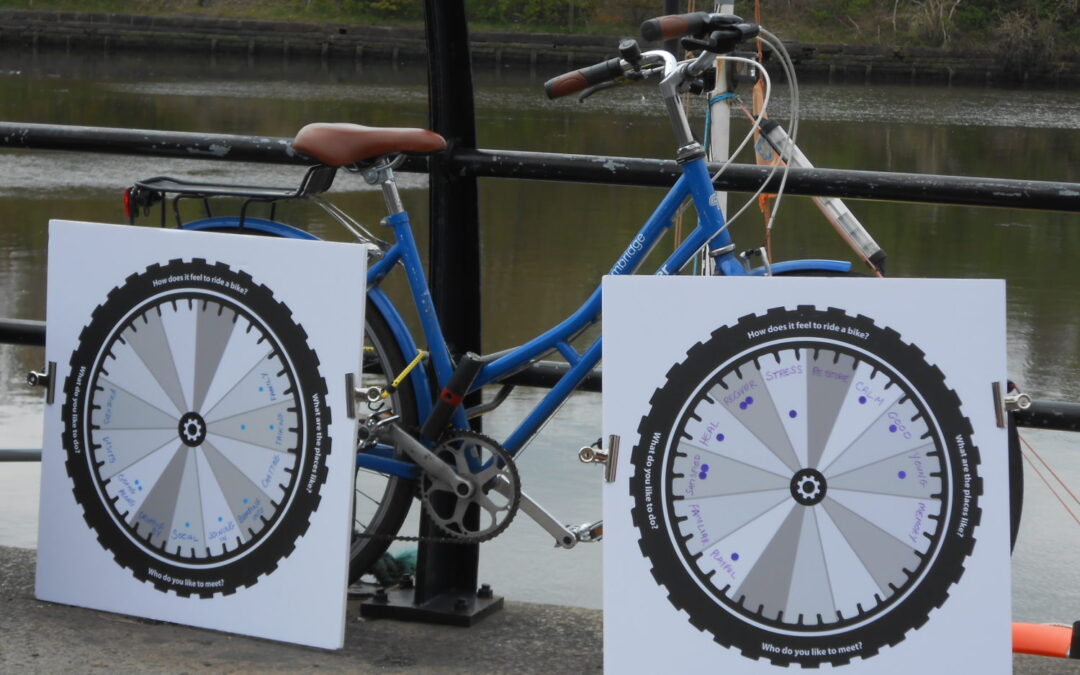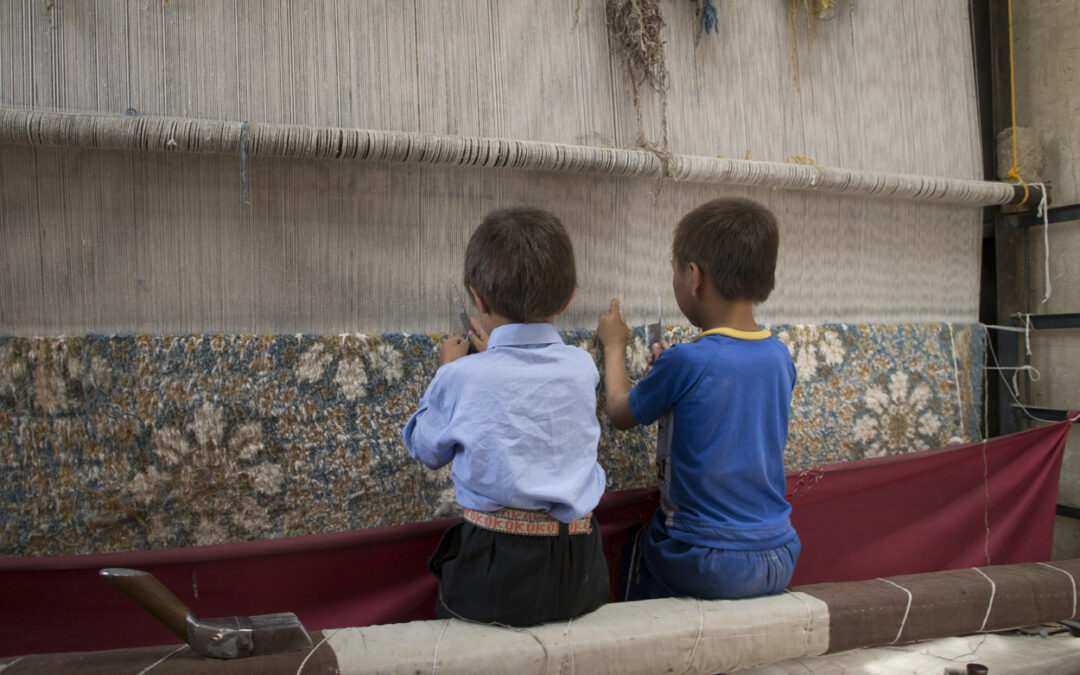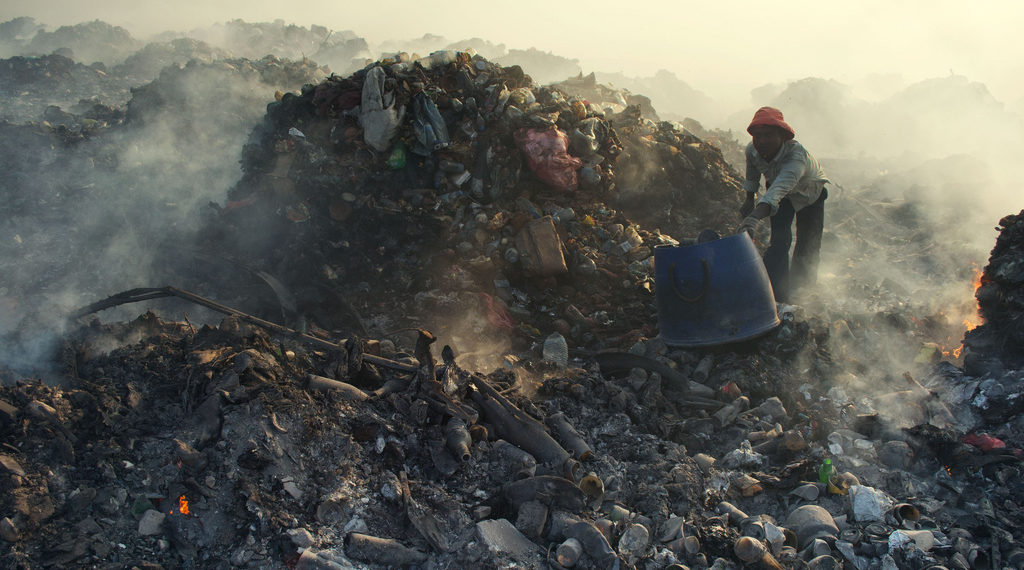Sustainability & Ethnography in Business Series, Mike Youngblood, Editor When we think of technology and innovation responses to global warming, we tend to imagine grand solutions that address the problem on a massive scale. For many ethnographers, designers in industry and other solution...





